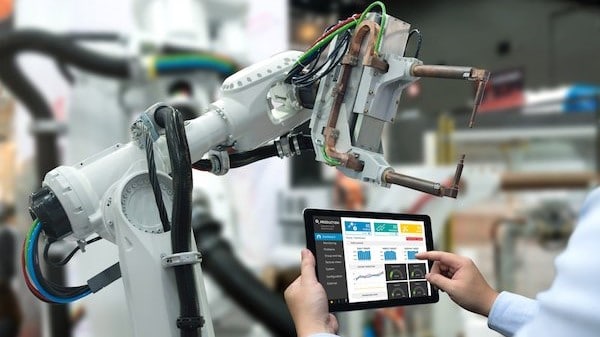Robotics skills in high demand post-Corona
By 2022, an operational stock of almost 4 million industrial robots are expected to work in factories worldwide says the International Federation of Robotics. These robots will play a vital role in automating production to speed up the post-Corona economy. At the same time, robots are driving demand for skilled workers. Educational systems must effectively adjust to this demand, says the International Federation of Robotics.
“Governments and companies around the globe now need to focus on providing the right skills necessary to work with robots and intelligent automation systems,” said Milton Guerry, president of the International Federation of Robotics. “This is important to take maximum advantage of the opportunities that these technologies offer. The post-Corona recovery will further accelerate the deployment of robotics. Policies and strategies are important to help workforces make the transition to a more automated economy.”
According to IFR’s reports, very few countries are taking charge when it comes to adapting education systems for the age of automation. It found that those that are, have long had a clear focus on human capital development. Countries in northern Europe, as well as Singapore are running useful programs.
According to the “automation readiness index” published by The Economist Intelligence Unit (EIU), only four countries have already established mature education policies to deal with the challenges of an automated economy. South Korea is the category leader, followed by Estonia, Singapore and Germany. Countries like Japan, the U.S. and France are developed and China was ranked as emerging. The EIU summed up the order of the day for governments: more study, multi-stakeholder dialogue and international knowledge sharing.
“Re-training the existing workforce is only a short-term measure. We must already start way earlier – curricula for schools and undergraduate education need to match the demand of the industry for the workforce of the future,” said Dr. Susanne Bieller, IFR´s general secretary. “Demand for technical and digital skills is increasing, but equally important are cognitive skills like problem-solving and critical thinking,” says . “Economies must embrace automation and build the skills required to profit – otherwise they will be at a competitive disadvantage.”




